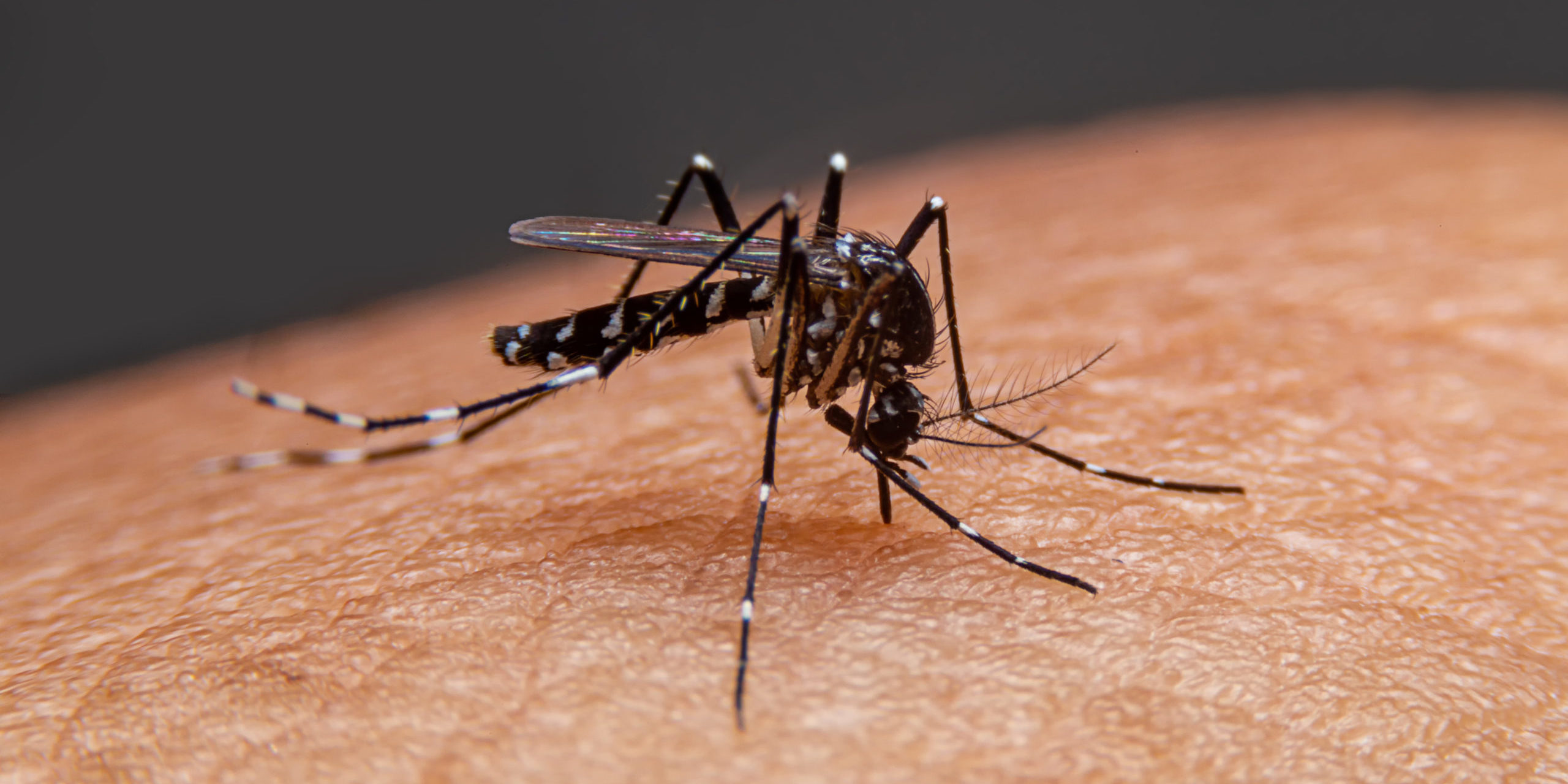Navigating the world of mosquito repellents, with its mix of folklore and modern solutions, can be daunting. This field has evolved significantly from traditional, often natural methods to a sophisticated industry incorporating advanced technology.
This evolution reflects a shift from basic remedies to more complex and scientifically-backed solutions.
A prime example of this advancement is seen in the offerings of companies like Flextail. Their products embody the modern approach to mosquito repellency, combining sleek design with functional effectiveness.
Learn more about Flextail mosquito repellants here https://www.flextail.com/collections/mosquito-repellent.
Common Mosquito Repellant Myths That You Must Know!
We will discuss some common myths relating to mosquitoes and their repellants. Keep reading to know if you believe one of them!
Myth 1: All Mosquito Repellents Are The Same
Many believe that all mosquito repellents are equally effective. However, this is simply wrong. Depending on the chemicals used or the technology, mosquito repellents can be super effective, and also can be absolutely useless!
Traditional repellents typically use chemicals like DEET, whereas natural alternatives may utilize essential oils. However, these various methods do not guarantee uniform effectiveness. Modern technological advancements in repellent formulations play a crucial role in enhancing their efficacy.
Take, for instance, FLEXTAIL’s range of repellents. These products utilize advanced technology to enhance protection against mosquitoes, offering a more efficient solution compared to some conventional methods.
It’s a classic example of how innovation in this field is not just about repelling mosquitoes but doing so more effectively and often, more safely, while adding more value to the humble mosquito repellent!
Myth 2: Natural Repellents Are Always Safe
Another common belief regarding natural repellents and almost any type of product is that organic and natural are always safer than synthetic repellants. However, this isn't always the case.
They can sometimes lead to skin irritation or allergies in certain individuals. The label 'natural' does not automatically mean it is safe for everyone. So, it's important to have repellents or any other products, whether natural or synthetic, undergo thorough testing and certification.
Myth 3: Stronger Smell Means Better Protection
There's a common belief that the stronger the scent of a mosquito repellent, the more effective it is. This is an absolute misconception!
The effectiveness of a repellent isn't directly related to its odor intensity. Many modern repellents, which focus on technological advancements, demonstrate that efficacy is achieved through well-researched formulas rather than overpowering scents.
These contemporary solutions, emphasizing functional ingredients over fragrance, prove that protection against mosquitoes can be both odorless and highly effective, offering a more pleasant experience without compromising on safety.
Myth 4: Only People with "Sweet Blood" Attract Mosquitoes!
It's a common myth that mosquitoes prefer people with "sweet blood." However, the truth is much more complex! Mosquitoes find you depending on a variety of factors, not just blood type.
For instance, body temperature plays a significant role; warmer bodies tend to attract more mosquitoes. Additionally, sweat can also make you more appealing to these insects. It's not just the moisture but the combination of compounds in your sweat that draws them in.
Another major factor is carbon dioxide. Every time we exhale, we release carbon dioxide, and mosquitoes are remarkably adept at homing in on this gas. This is why people who breathe more heavily, like those engaged in physical activity, might find themselves more frequently targeted.


